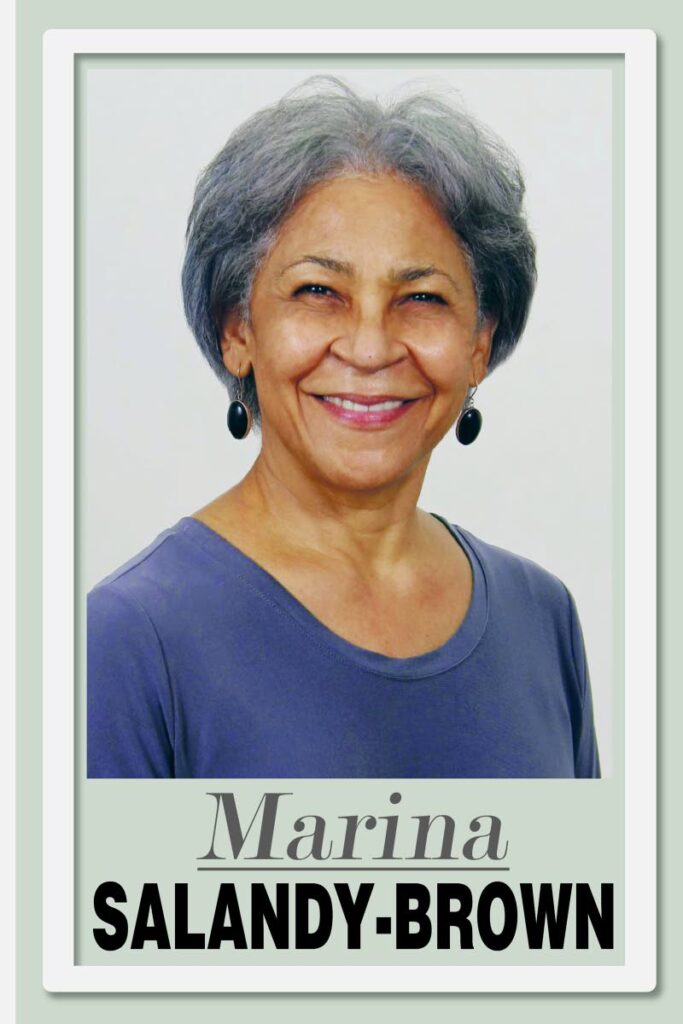Media myths and woes

The Caribbean Broadcasting Union (CBU) is not well known outside of media circles. It is an association of regional public service and commercial broadcasters that was formed in 1970 and is headquartered in Barbados. Its job is essentially regional media integration and the harmonisation of broadcasting to maintain standards and develop the sector.
Last week, it held its 53rd Annual General Assembly in Tobago with the theme Media and Information Literacy, and our PM was the keynote speaker.
He upset a few apple carts when he revealed his unfavourable view of the current media scene in the region overall, since he did not single out TT for criticism per se.
A basic rule in media law to avoid libel and defamation is to be precise and name the villain or you will defame everyone.
Of course, that was not for Dr Rowley to know, but it shows the dangers of everyday citizen journalism. This newspaper reported on the event and on Wednesday entitled its leader “'Journalist' Rowley.”
Given my years judging the annual CBU media awards and as a retired BBC executive and professional journalist, my perspective is sympathetic to both sides.
Dr Rowley did not take the time, in his relatively brief address, to develop his argument properly, so after frontloading and unbalancing his speech with a wide range of historical references, which he recommended to journalists for providing context, the audience of regional media professionals received a series of short, sharp insults delivered in the manner of his own criticism of the behaviour of journalists: “Full stop. That is it.”
Some of his observations were correct, but some were misguided, while others are caused by the structure of the media itself, which is governed by legislation.
His was an outsider’s view of the media, so the speech did not differentiate between media sectors, or between reporters and media owners, or between news and current affairs on the one hand and documentaries and entertainment on the other, which is very pertinent when levelling criticism.
Today, with the ubiquitous smartphone with laser-precise cameras and the plethora of social media platforms where everyone is an expert on everything, without any mediation, the established media have a very difficult and underrated role to perform.
The media once could fulfil the duty of uniting a country, “many voices, one world,” as a former UN secretary general called for in the 1970s and which Dr Rowley cited as an ideal.
However, once broadcasting was commercialised and democratised and the family no longer sat around the radio to listen together to the single state broadcaster, or watched the one television channel, the dream died, along with shared culture. The communications technology revolution buried them even further.
We have 36 radio stations in tiny TT. As argued before in this column, that is not commercially viable, given the size of our population, and each broadcaster must, therefore, sacrifice depth in programming and investment in media training, for example, merely to stay afloat, plus differentiate itself from the rest, whatever that demands.
The result is cheap music output and the low general standard of much of our talk radio the PM complained about.
It is also part of the structural problem he complained about, although few, he included, might perceive it as such. The Telecommunications Authority of TT’s (TATT) job is to license broadcasters, who pay huge sums in order to operate.
Sadly, and in actuality, the main purpose of TATT seems to be as a revenue-driver for the state rather than as guardian of standards, which it is mandated to be by the act. How many licences are withdrawn for the reasons Dr Rowley described, or complaints prosecuted annually?
Dr Rowley reminded us that we live in the era of the big lie. He might have added profound corruption at every level, including the police, and the failings of the justice system.
The print media are perhaps the only independent source of investigation and reporting in TT, since broadcast media dedicate scant resources to original journalism and to serious matters or public concern. It is entirely true that the print media have and continue to provide much valuable service to this country, and in doing so will always come into conflict with vested interests, including the government, which always seeks favourable coverage.
But the role of the media is to be the eyes and ears of the people. The media are our watchdog and they have to bark, however inconvenient and dangerous that may be.
Most governments confuse the role of the media. It may be the fourth estate, but it is not an arm of government. “Development journalism,” which the PM encouraged, does not sell papers or TV or radio ads, unfortunately. Media is a business; even TTT has to sell ads, but it is supposed to be our public service broadcaster, free of that financial burden and therefore able to offer the range of content the PM rightfully desires. It is a torturous balancing act.
The PM is right, however, to demand good media practice, accuracy, breadth and depth in journalism, and higher standards overall, because, not least, it legitimises the freedom to bark.

Comments
"Media myths and woes"